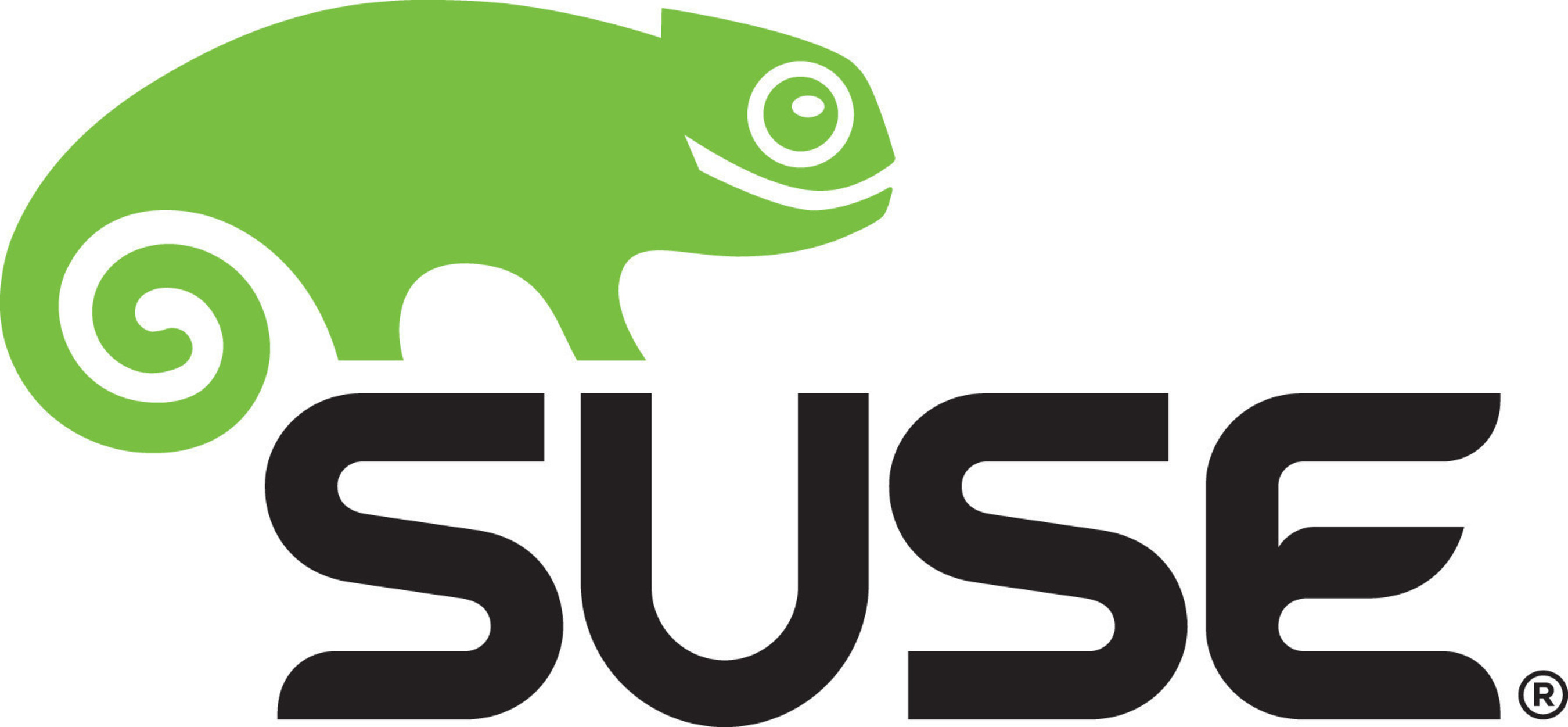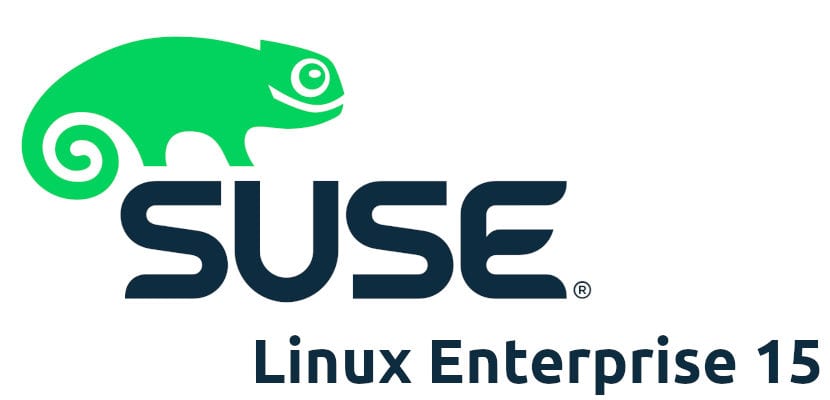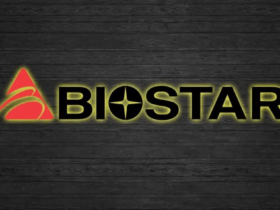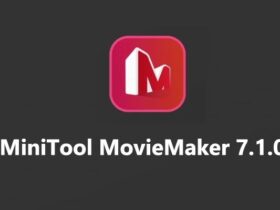The SUSE update should help users combat openSUSE Leap 15.4 software supply chain problems starting the following day
The company’s online conference, SUSECONbrought with it the first big announcement was SLE 15 SP4an incremental change to this distribution relatively slow and suitable for companies. SLE 15 appeared in the 2018 and the company publishes a new version about once a year. For his corporate distribution, he calls it “service pack“, But for free distribution it’s just a simple release of points.
From version previous last JuneSLE 15 Service Pack 3 e openSUSE Leap 15.3, SUSE synced the free product Leap with the code base of its version enterprise. The new releases follow this model, so free SLE 15 SP4 and openSUSE Leap 15.4 are strictly comparable and, according to the openSUSE roadmap this should continue until SLE 15 SP7.
At some point in that sequence, however, there will be a new major release, likely based on the initiative Adaptable Linux Platform of the company. This may very well emerge as SLE 16.

I service pack SLE
SLE “service packs” are new product releases, containing newer component versions, so changes between SUSE SP are much larger than secondary releases of Red Hat Enterprise Linux. However, the relationship between SLE e openSUSE Leap is now broadly comparable to the previous one between RHEL on Red Hat and CentOS Linux: The underlying code base is the same, with the same major versions of the same products.
The free product, unencumbered by enterprise support contracts, contains a much larger selection of components, complete with a choice of desktop environments, and so on. As you might expect from what is effectively a timely release of an enterprise distribution, the changes aren’t radical.
Whether this is related to the departure of the former product manager for the creators of AlmaLinux CloudLinux. Both SLE and Leap 15.4 use kernel 5.14 and systemd version 249. Python 3.10 is now the default, but support for Python 2 remains optional. Include QEMU 6.1 and supports Secure Enterprise Virtualization of the latest processors AMD EPYC, including SEV-ES.
The desktop edition contains Gtk4 and GNOME 41. So long as Nvidia has now released open source graphics drivers, the corporate distribution is able to include, complete with support for Wayland e Bluefield 2 Data Processing Units by Nvidia. Also adding the new media server Pipewire.
What do you think of this Service Pack 4 for Linux Enterprise 15? Let us know below in the comments. Don’t forget to follow us on our Instagram page and stay connected on tuttotek.
















Leave a Reply
View Comments